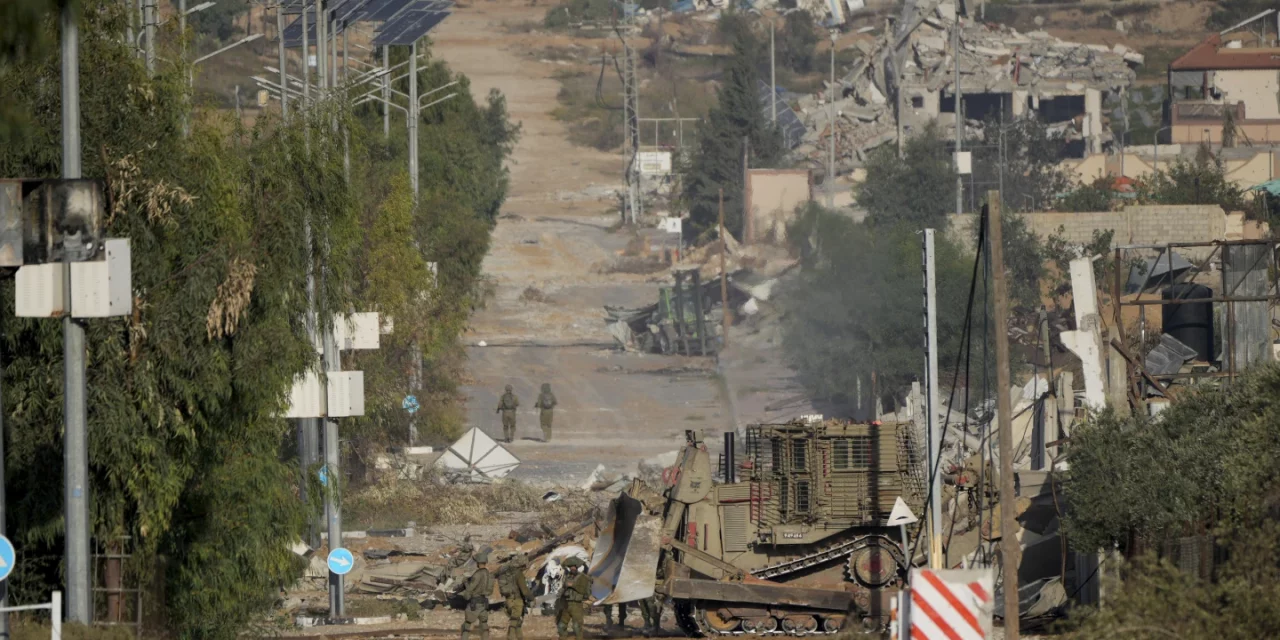
Israel And Hamas Begin Cease-Fire, Setting Stage For Release Of Some Hostages And More Aid To Gaza1 min read


A four-day cease-fire between Israel and Hamas began Friday, allowing sorely needed aid to start flowing into Gaza and setting the stage for the release of dozens of hostages held by militants and Palestinians imprisoned by Israel.
There were no reports of fighting in the hours after the truce began. The deal offered some relief for Gaza’s 2.3 million people, who have endured weeks of Israeli bombardment and dwindling supplies of basic necessities, as well as for families in Israel worried about loved ones taken captive during Hamas’ Oct. 7 attack, which triggered the war.
The first exchange Friday afternoon would involve swapping 39 Palestinian prisoners — 24 women, including some convicted of attempted murder for attacks on Israeli forces, and 15 teenagers jailed for offenses like throwing stones — for 13 Israeli hostages, Palestinian authorities said.
The truce raised hopes of eventually winding down the conflict, which has flattened vast swaths of Gaza, fueled a surge of violence in the occupied West Bank and stirred fears of a wider conflagration across the Middle East. Israel, however, has said it is determined to resume its massive offensive once the cease-fire ends.
On Friday, it brought quiet after weeks in which Gaza saw heavy bombardment and artillery fire daily as well as street fighting as ground troops advanced through neighborhoods in the north. The last report of air raid sirens in Israeli towns near the territory came shortly after the truce took effect.
Not long after, four tankers with fuel and four with cooking gas entered the Gaza Strip from Egypt, Israel said.
Israel has agreed to allow the delivery of 130,000 liters (34,340 gallons) of fuel per day during the truce — still only a small portion of Gaza’s estimated daily needs of more than 1 million liters.


















